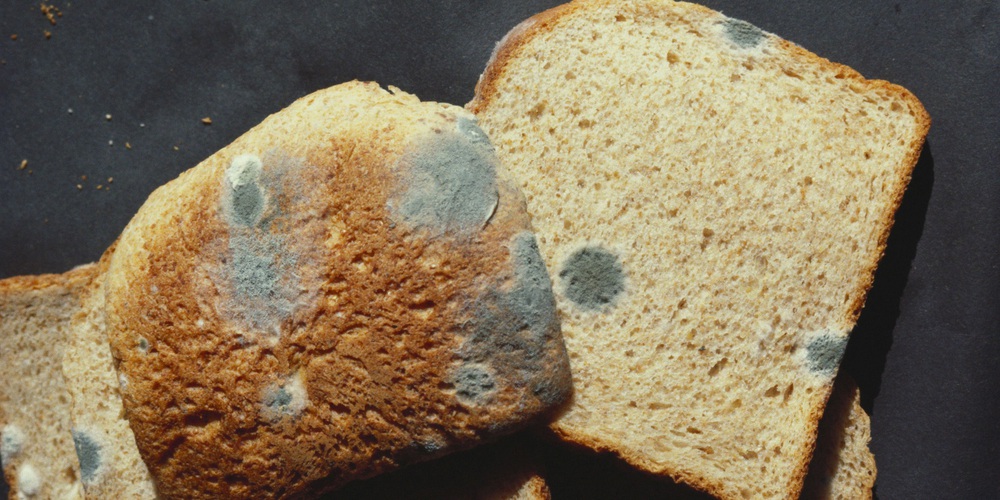1. Eating too hot food – the enemy of the esophagus
Eating food or drinking beverages at temperatures above 65°C can increase the risk of esophageal cancer. Because hot food when passing through the esophagus will cause damage to the esophageal mucosa, when the mucosa is damaged.
Dr Brant Oelschlager, a University of Washington esophageal surgeon, says the esophagus is lined with squamous epithelial cells. Eating foods that are too hot can cause serious burns in the esophagus, damaging and stimulating the regeneration of the cell lining. During this process, cells can change their properties and structure and potentially form a tumor.
Normally when eating and drinking, the appropriate temperature of food should be between 10°C – 40°C, the highest temperature that the esophagus can withstand is 50°C – 60°C and food above 65 ℃ is considered too hot. Therefore, people need to be careful to avoid eating foods that are too hot, causing damage to the esophagus.

Illustration: Habit of eating foods that are too hot can increase the risk of esophageal cancer.
2. Aflatoxin mold – an enemy that damages the liver
Aflatoxin is a metabolite of Aspergillus flavus in moldy foods, produced at 28°C – 38°C. Aflatoxin mold is persistent with heat, so cooking food is almost impossible to completely destroy the toxin of aflatoxin. Scientific research has shown that, in order to partially remove aflatoxin toxins, it is necessary to use roasting and drying temperatures from 1500°C to more than 2000°C.
Aflatoxin can cause acute poisoning, a dose of about 10mg can be fatal. In addition, aflatoxin is considered one of the main causes of cirrhosis and liver cancer. In 1993, aflatoxin was classified as a level 1 carcinogen by the Institute of Cancer Research of the World Health Organization (WHO). Aflatoxin often occurs in moldy, spoiled, expired foods. ..

Illustration: Food mold containing aflatoxin toxins can cause liver cancer.
3. Negative mood – the enemy of the digestive system
The digestive system and human emotions are closely related, and negative emotions can cause a number of gastrointestinal diseases.
The function of the digestive system is controlled and regulated by the autonomic nervous system and the endocrine system, the number of nerve cells that the digestive system possesses is second only to the central nervous system (brain) so it is very sensitive to external stimuli.
According to research, most patients with functional gastrointestinal diseases are accompanied by varying degrees of depression and anxiety, especially anxiety.
Psychological stimuli such as excessive pressure, anxiety, stress, anxiety, depression, fear… will all lead to changes in gastrointestinal motility and secretion of digestive juices, reducing cravings eat and cause epigastric discomfort. Common digestive symptoms such as bloating, pain, belching, nausea, constipation, diarrhea,…

Illustration: Negative moods and emotions can damage the digestive system.
4. Lack of sleep – the enemy of the immune system
Sleep quality has a direct effect on immunity. A team of researchers led by Professor Sheldon Cohen of Psychiatry at Carnegie Mellon University has found that even the slightest disturbance in sleep can affect the body’s response to stress. cold virus. People who slept better had significantly higher blood levels of T and B lymphocytes than those who did not sleep well. These are the two main cells involved in immunity in the human body.
According to a survey of over 2,100 people from 13 cities including Beijing, Shanghai, Shenzhen, Hangzhou and Wuhan, those with good sleep quality had a lower risk of immunodeficiency compared with those with good sleep. have poor sleep quality.
Among people with a sleep index above 80 points (those with good sleep quality), the proportion of people with impaired immunity due to poor sleep accounted for only 34.4%. While the group had a sleep index below 60 points (poor sleep quality), the rate of immunodeficiency increased to 40.5%.
Lack of sleep or poor sleep quality can weaken the immune system and increase the incidence of illnesses such as colds, flu, etc.

Illustration: Lack of sleep can weaken the immune system and increase the risk of disease.
An experimental report in the United States proves that “sleep deprivation is prone to colds”. The experiment revolved around “the relationship between sleep duration and the immune system” and involved 153 male and female volunteers between the ages of 21 and 55.
The results of the trial showed that people who slept an average of less than 7 hours a day were three times more likely to catch a cold than those who slept more than 8 hours a day. People who had trouble falling asleep were nearly five times more likely to catch a cold than those who fell asleep easily.
Source: Toutiao, Thepaper, Health.people
at Blogtuan.info – Source: Soha.vn – Read the original article here




